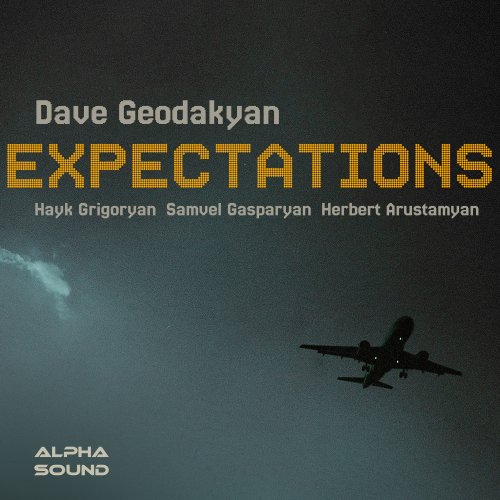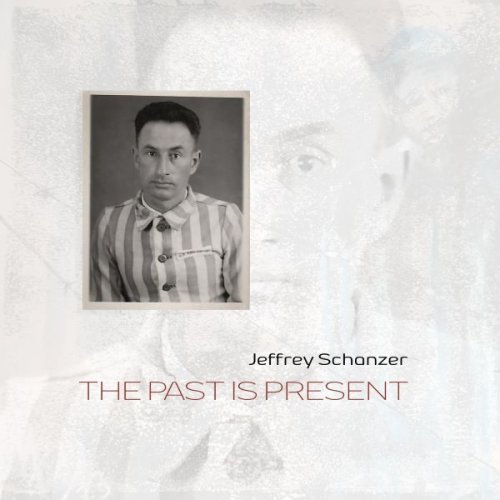Jimmy Webb - Suspending Disbelief (1993)
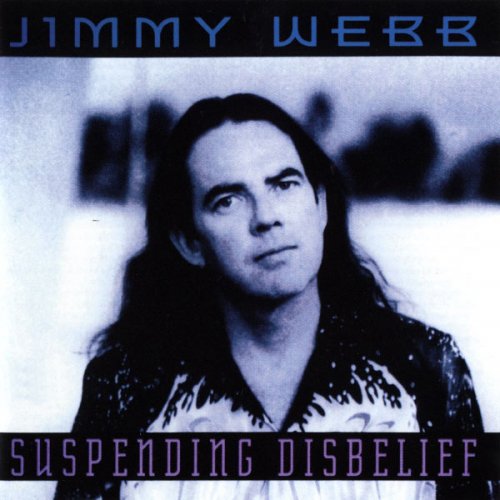
Artist: Jimmy Webb
Title: Suspending Disbelief
Year Of Release: 1993
Label: Rhino - Warner Records
Genre: Pop, Rock
Quality: FLAC (tracks) / MP3
Total Time: 52:19
Total Size: 286 / 124 MB
WebSite: Album Preview
Tracklist:Title: Suspending Disbelief
Year Of Release: 1993
Label: Rhino - Warner Records
Genre: Pop, Rock
Quality: FLAC (tracks) / MP3
Total Time: 52:19
Total Size: 286 / 124 MB
WebSite: Album Preview
1. Too Young to Die (05:40)
2. I Don't Know How to Love You Anymore (05:04)
3. Elvis and Me (05:47)
4. It Won't Bring Her Back (03:45)
5. Sandy Cove (05:43)
6. Friends to Burn (04:59)
7. What Does a Woman See In a Man (04:09)
8. Postcards from Paris (04:57)
9. Just Like Always (03:57)
10. Adios (03:28)
11. I Will Arise (04:44)
Making albums under his own name has been only an occasional activity for Jimmy Webb, at least since the first half of the 1970s, when he issued four LPs between 1970 and 1974. Since then, however, they've grown further and further apart: El Mirage appeared in 1977; Angel Heart in 1982; and then, 13 years after that, came Suspending Disbelief. Webb began his performing career at something of a disadvantage because of his extensive success as a songwriter in the late '60s; with all those royalties rolling in from "By the Time I Get to Phoenix" and "MacArthur Park," among others, he was anything but hungry, and his solo work was inconsistent as well as being inadequately promoted. Yet major labels periodically sign him up and give him a big recording budget, figuring that a guy who has struck gold before might do so again. In the meantime, he maintains a career as a songwriter and as an occasional composer for motion pictures. Suspending Disbelief appears to owe its existence to Linda Ronstadt, who used Webb on her 1989 album Cry Like a Rainstorm -- Howl Like the Wind and who here serves as co-producer for an album released by Elektra, her longtime record label. Webb has, as usual, written some new songs and also gone into his trunk. The concluding track, "I Will Arise," is a reimagined version of the old gospel song "I'll Fly Away" that bears a 1970 copyright; "Just Like Always," from 1980, first turned up on Joe Cocker's Sheffield Steel album; "Adios," dated 1981, was recorded by Ronstadt on Cry Like a Rainstorm -- Howl Like the Wind; and the leadoff track, "Too Young to Die," was introduced by David Crosby (who guests on backup vocals with Don Henley and J.D. Souther) on his album Thousand Roads in May 1993, four months before Suspending Disbelief. For once, however, the vintage material fits in well with the newer songs, and for once Webb puts across a consistent image as both a performer and writer. Suspending Disbelief doesn't, like other Webb albums, sound like a series of unrelated songs sung by an adequate vocalist but waiting for better singers to get at them. It sounds like a unified statement by an artist in his own right. At 46, that artist clearly has been around the block a few times, and he's no longer interested in waxing poetic about cakes left out in the rain or space travel; these songs are decidedly down to earth. If the reminiscences leading to the conclusion that he's "Too Young to Die" stake his claim to currency, he actually spends most of the album looking back maturely and somewhat sadly, when he isn't taking others to task for their bad behavior. Love gone wrong is a prominent subject, and the author of "Didn't We" nearly eclipses himself on the subject in "I Don't Know How to Love You Anymore," "It Won't Bring Her Back," "Postcard from Paris," and "Adios," songs full of regret, resignation, and acceptance. "Elvis and Me" sounds like a true story (the narrator insists it is) about an encounter with the King of Rock & Roll in Las Vegas, and it is the most direct of the songs about contemporary life that also include the caustic, catchy "Friends to Burn" and the witty, wordy "What Does a Woman See in a Man." Since his early, under-produced albums, Webb has tended toward the other extreme in his arrangements and productions, and Suspending Disbelief is another expensive Los Angeles studio effort peopled by such high-priced pros as Steve Lukather, Leland Sklar, and Russ Kunkel. But for once, restraint has been exercised; the music never overwhelms the songs. And Webb, whose voice has deepened and coarsened from the wheezy Oklahoma tenor he exhibited 20 years earlier, has gained in confidence and control as a singer, enabling him to put across his material better than he ever did before. He has written so many great songs that you can't say this is his best collection, but it is certainly his most straightforward, plainspoken writing yet, and he seems better able to perform his music now than at any time in the past. © William Ruhlmann
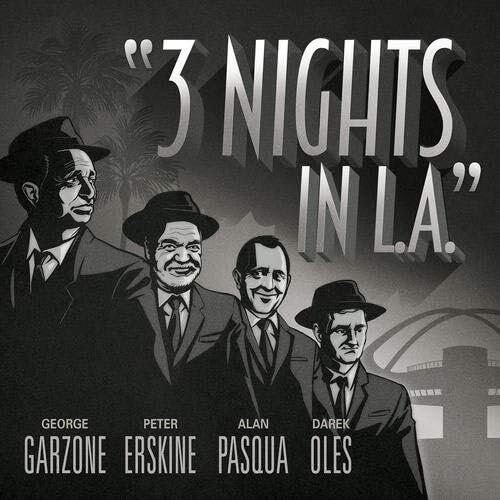
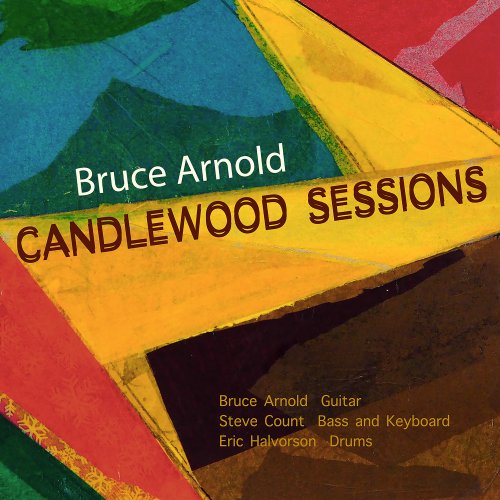
![Bill Evans, Jim Hall - Undercurrent (1962) [2025 SACD] Bill Evans, Jim Hall - Undercurrent (1962) [2025 SACD]](https://www.dibpic.com/uploads/posts/2025-12/1766416853_essj-90317-2.jpg)
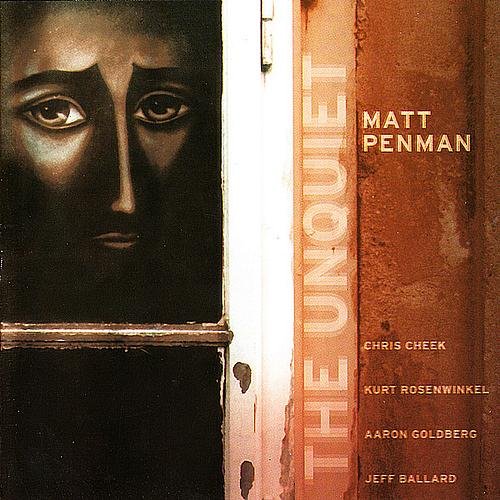
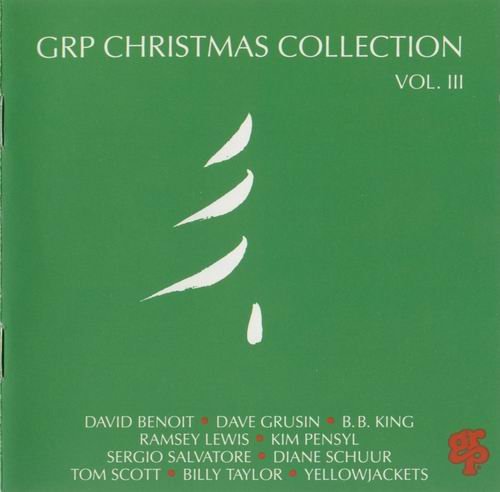
![Black Flower - Abyssinia Afterlife (2014) [Hi-Res] Black Flower - Abyssinia Afterlife (2014) [Hi-Res]](https://img.israbox.com/img/2025-12/21/anj3jk2va3pc3i9y3pv0m7zde.jpg)

